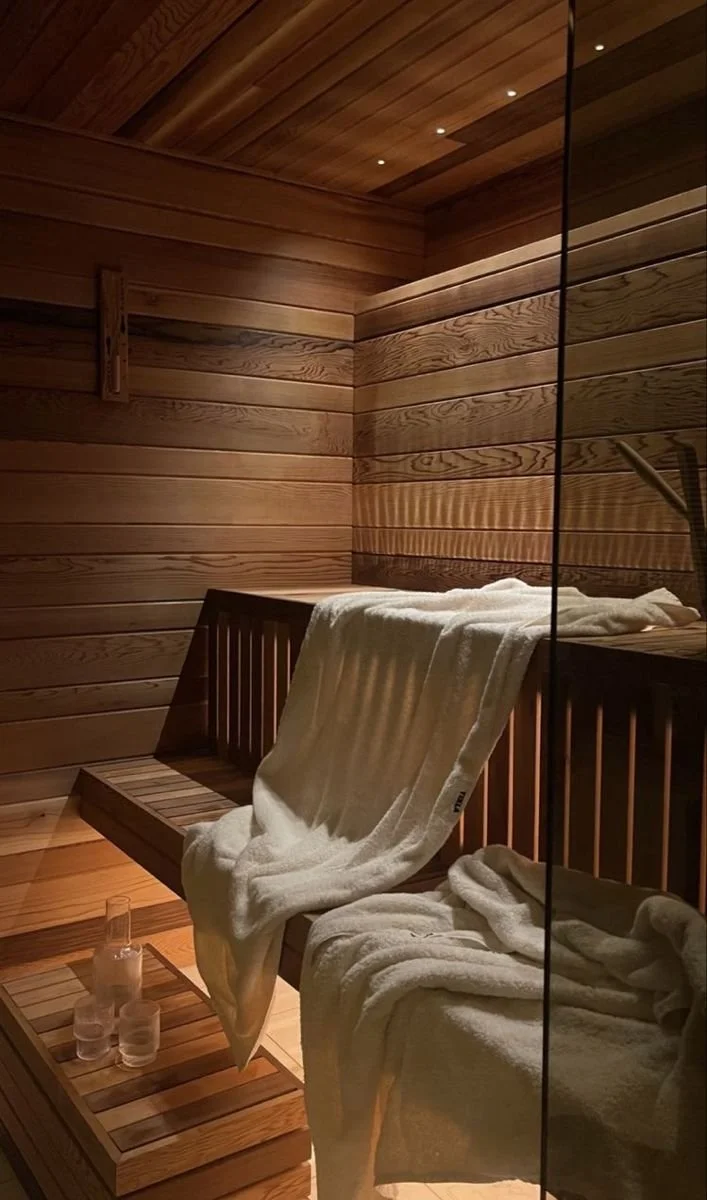Maintaining A Home in a Humid Area
Those lucky enough to own a home (whether primary or holiday) in a humid area, know that tropical climate comes with specific maintenance challenges. High humidity and warm weather can lead to mold, mildew buildup, musty odors, and damage to furniture and fixtures. Understanding the challenges and how to address them ahead of time can make a world of difference to maintaining the quality and structure of a home. Here are some tips for maintaining your a home in a humid area:
Keep the air moving.
When air is stagnant, moisture has a chance to settle on surfaces and cause mold and mildew to grow. To prevent this, keep fans running throughout the day and open the windows whenever possible to let fresh air in. If you have an open-air porch or patio, take advantage of it by spending time outdoors daily. Not only will this help keep the indoor air circulating, but it will also give you a chance to enjoy the beautiful weather.
Invest in dehumidifiers.
Dehumidifiers work by pulling moisture out of the air, which can help prevent mold, mildew growth, and musty odors. Be sure to empty a dehumidifier's water reservoir frequently so it can continue to run effectively.
Wipe down surfaces regularly.
In humid climates, using a cloth or microfiber mop is essential to wipe down surfaces such as countertops, floors, and walls daily. This will remove any moisture or dirt that could lead to mold and mildew growth.
Store food properly.
High humidity levels can cause food to spoil more quickly than usual. To prevent this, store perishable items in the fridge or freezer and dry goods in airtight containers.
Take care of THE furniture.
In high-humidity areas, wood furniture is particularly susceptible to damage from water vapor and insects. To protect your furniture, polish it regularly with beeswax or lemon oil and keep it away from any sources of heat or moisture. If you notice any damage, have it repaired promptly by a professional.
Protect THE flooring
High humidity can wreak havoc on flooring, causing warping, cupping, or other problems. To avoid this, use mats at all entrances to absorb moisture before it can get onto the floors. And be sure to wipe up any spills immediately.
Schedule regular HVAC maintenance
Heating, ventilation, and air conditioning system is one of our best allies in the fight against high humidity. Be sure to have it serviced by a professional at least once a year to continue operating effectively.
Call in reinforcements.
Maintaining a home in a humid area can be challenging, even when vigilant about taking care of it yourself. If overwhelmed, don't hesitate to call professional help when necessary. A good cleaning company will have experience dealing with the unique challenges of high-humidity environments and can get the home sparkling clean in no time. Plus, if it is a holiday home, having someone else pop in for maintenance when you’re not around is a massive help.
Keep pests out
High humidity can be the perfect breeding ground for pests - from cockroaches to termites and mosquitoes. To keep unwelcome guests at bay, inspect the home regularly for any signs of intrusion and call a pest control service immediately if you spot anything suspicious. This will help ensure the home stays safe and pest-free all year round.
Use the right cleaning products
Using the wrong cleaning products can cause more harm than good in humid climates. Instead, be sure to look for non-toxic and mild effects that are designed explicitly for high-humidity areas. This will help ensure that the home stays healthy and free from pests.
Check for leaks regularly
Leaky pipes or faucets can cause significant problems in humid climates. To prevent this, check for any signs of water damage each season and address any issues immediately before they have a chance to worsen. This will help ensure that the home stays dry and free from costly repairs down the line.
Remember that regular maintenance is vital, so schedule regular cleanings (both DIY and professional) and HVAC tune-ups. And if you find yourself getting overwhelmed, don't hesitate to ask for help - after all, that's what friends (but especially professionals) are for.




